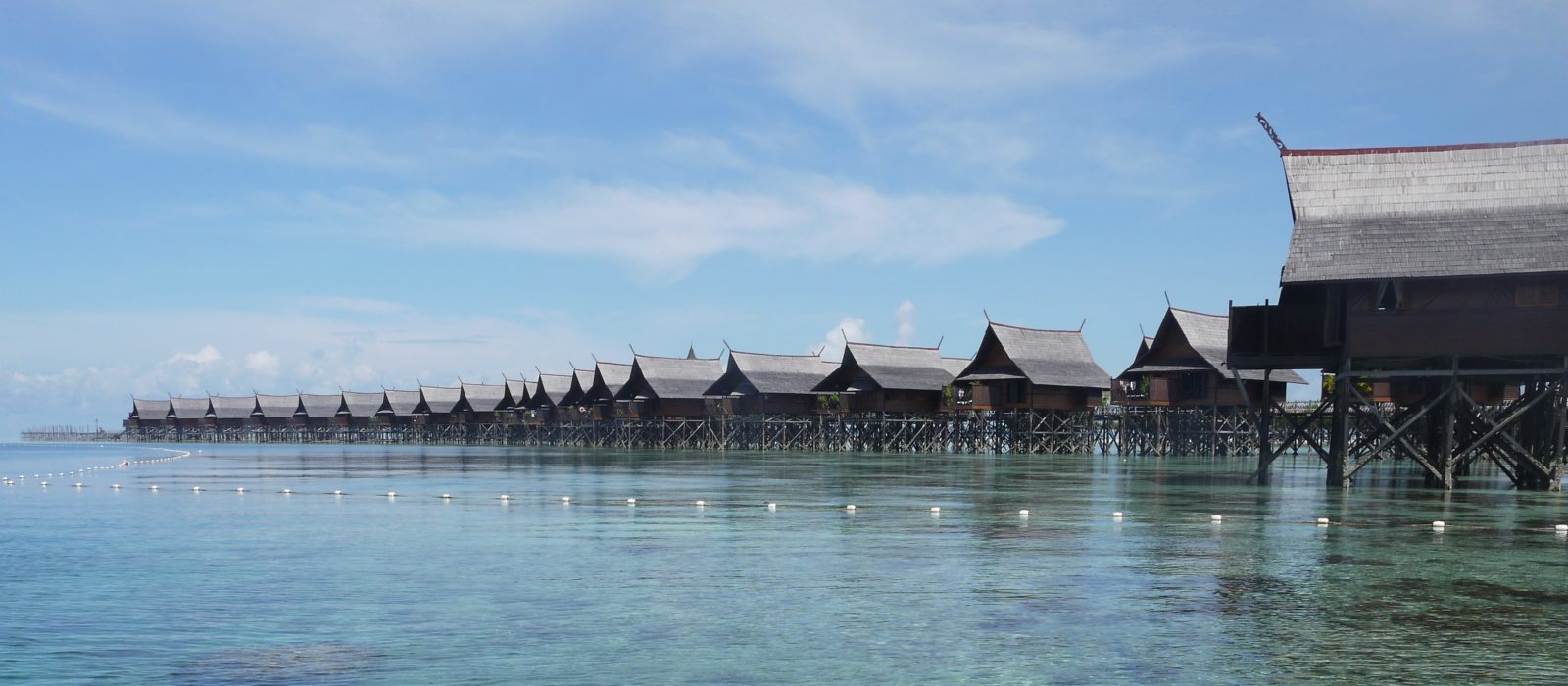Published on: October 21st, 2012
Last modified: January 4th, 2023
We've compiled our list of most frequently asked questions to help you get prepared before your big adventure to Malaysia. Please read through the questions, using the navigation bar on the left hand side of your page to move easily between the different sections.
Please note that requirements and advice can change so we do recommend you check in with your own travel insurer, doctor and relevant local embassies before embarking on your adventure.
Are there any entry requirements for Malaysia?
Visas
Visas for Malaysia are not required for US, UK and Canadian passports for tourist stays of up to 30 days. If your passport does require a visa before travel please ensure you have allowed enough time to complete the relevant paperwork before travel, as these visas must be arranged in advance, not on arrival.
Please note that requirements can change and we recommend that our guests contact the local embassy in the country where you live for the most recent and up to date information.
Passports and Paperwork
All passports must be valid for six months or more beyond your intended departure.
Upon arrival you will be required to complete an arrival/departure card which can be obtained at your entry point and sometimes distributed on your flight. It can be handy to have a pen in your hand luggage ready so you can fill the form out. As you pass through immigration you can present your passport and your completed card and the official will stamp your passport with the appropriate pass (it’s best to check you have been given the stamp you require for your 30 day visit).
Malaysian authorities request that visitors should carry their insurance details with them at all times, a printed out summary of your policy and the policy details is advised.
We will confirm certain elements of your trip such as domestic flights, permits or train tickets using your current passport details. If a member of your party changes their name in their passport after booking (for example, through marriage or adoption) this could mean having to reissue important parts of the trip at an extra cost and subject to availability.
Do I need travel insurance?
Yes, once your trip is confirmed it is essential that you take out comprehensive travel insurance to cover you in case anything unexpected happens.
We always recommend that our guests get the maximum level of coverage that you feel comfortable investing in. Read more about travel insurance for US travellers here and for travellers from other countries here.
It is your responsibility to ensure that your travel insurance covers you for all aspects of your vacation. You must ensure that you will be covered for activities such as walking, rafting, canoeing and horse riding.
Do I need to visit a travel doctor before my trip?
Yes, you should visit a travel doctor before your trip as they may recommend certain vaccinations or medications before or during travel.
Some vaccines commonly recommended for travellers to southeast asia include: Tetanus, Diphtheria, Polio, Typhoid, Hepatitis A, Hepatitis B, Rabies and Meningitis as well as medication for diseases such as malaria.
There is currently no risk of yellow fever in Malaysia. The government of Malaysia requires proof of yellow fever vaccination only if you are arriving from a country with a risk of yellow fever.
Some areas of Malaysia and Malaysian Borneo have a high malaria risk so it’s important to discuss anti-malarial tablets with your doctor before you travel. You should also ask them to recommend an insect repellent. It’s essential that you bring an effective repellent that’s suitable for you (and your group if travelling with family or children).
What do I need to know about my regional flights?
Regional flights in Asia are similar to those in North America. They will use similar aircraft, sometimes smaller, and your baggage allowance will typically be 23kgs/50lbs, although please do check the allowance on your itinerary as it depends on your route/travel class.
What will I receive from Jacada before I depart?
Travel pack
Before you head off on your adventure you will be sent a travel pack. The travel pack is full of great information and is also a beautiful keepsake. It is not necessary to travel with vouchers or confirmations on your trip but we do recommend having a printed copy of your travel itinerary to hand when you arrive into Malaysia.
Bon Voyage email
Around 2 weeks before you depart we will email you an electronic version of your travel pack including your domestic flight tickets. Once you’ve received this email your Travel Designer will reach out to arrange a time for you to talk on the phone to go over any last minute questions and talk you through the information we’ve sent over.
Do I need to bring the local currency?
Yes, you will need the local currency, the Malaysian Ringgit. USD or sterling are not accepted as legal tender in Malaysia.
US Dollars (and other currency such as sterling and Canadian Dollars) can be exchanged in most hotels, banks, travel agencies and bureau de change counters. Although travellers cheques can also be exchanged at banks in Malaysia it can be more time consuming and the rate is often poor.
International credit cards are accepted in most hotels, shops and restaurants, however always notify your bank before you travel to avoid your card being blocked when you try to use it overseas. It’s worth mentioning that very rural areas won’t have access to ATMs and cash, rather credit cards will be required when making smaller purchases.
Can you tell me about tipping and etiquette in Malaysia?
Visitors should observe local customs and practices in Malaysia as a mark of respect to local people.
Here’s a little guide to some common customs:
- Generally, handshakes are acceptable for both men and women. However, some Muslim ladies may acknowledge an introduction to gentlemen with just a nod and a smile. A handshake should only be initiated by the lady.
- Shoes must always be removed before entering a Malaysian house or places of worship, such as mosques and temples.
- Some mosques provide robes and scarves for female visitors and men in shorts, but in general we recommend covering shoulders and knees when outside of tourist hotels/areas.
- Taking photographs at places of worship is usually permitted but always ask for permission first.
- The right hand only should be used for eating, giving and receiving something and during a handshake.
- The right forefinger should not be used to point at anything. Instead, point with your right thumb by making a soft fist with your right hand and place your thumb above the fisted hand.
- A note to remember that the Muslim population of Malaysia doesn’t drink alcohol and so, on the whole, toasting or ‘cheers’ is not common practice in Malaysia.
Tipping
Tipping is not customary in Malaysian culture, however it will always be gratefully received. Restaurants and bars may include a service charge, if not then around 10% of the bill would be a typical tip.
It’s always best to tip in local currency, here’s our rough guide to the amounts you could consider:
- Full day guide for two people: MYR 30-40
- Full day driver per vehicle based on two people: MYR 15
- Porters can be tipped MYR 2-10 per bag
- Housekeeping can be tipped MYR 2-10 per night
- Room service can be tipped MYR 2-10
What’s the weather like and how should I pack?
Malaysia has a tropical climate so temperatures are warm year round. At altitude you will notice chilly mornings and evenings so please do be sure to pack a thicker layer if this is on your itinerary.
The weather in Malaysia is characterised by two monsoon seasons; namely the southwest monsoon from late May to September, and the northeast monsoon from November to March. If you’re travelling at this time you must pack waterproof clothing and shoes. Your shoes should have a good grip on the sole as roads and walkways can be slippery.
Due to the strong sunshine throughout the year (even during the monsoon) it’s important to bring thin layers to protect you from the sun, good quality sunscreen, sun hat, sunglasses and remember to drink plenty of water. The weather feels humid in Malaysia so we recommend travelling with fabric suitable to these conditions; quick drying materials are preferable.
Leech socks should be worn as a precaution if visiting any rainforests, especially if travelling during or soon after the rainy season.
As you can see, what you pack for your trip can change depending on the time of year and the sorts of activities you’ll be taking part in. For a personalised packing list relating to your trip, please speak with your concierge or travel designer.
Should I make restaurant reservations?
We highly recommend that you make restaurant reservations in advance of your trip. Once your trip is confirmed you will be introduced to your concierge who will be able to assist you in not only making the reservations but also making recommendations based on your preferences.
How can I keep connected on my trip?
Plugs and Power
The electricity current in Malaysia is 220-240 volts and the plug type is G, which is the plug that has three rectangular pins in a triangular pattern.
Travellers from America who use 110-120V electronics will need a plug adapter and a step-down transformer. Large, international hotels are usually able to lend these to guests, but if travelling to smaller, more remote lodges it is best to bring one with you.
Wifi and internet connection
All hotels in the major cities and even small towns will have wifi so it’s quite easy to stay connected in Malaysia. The exception would be if you’re visiting somewhere remote or staying on board a boat. If you require a certain level of connection throughout your entire trip please speak with your travel designer or concierge before travel.
Please contact your Jacada travel designer or concierge before your trip with any further questions.





